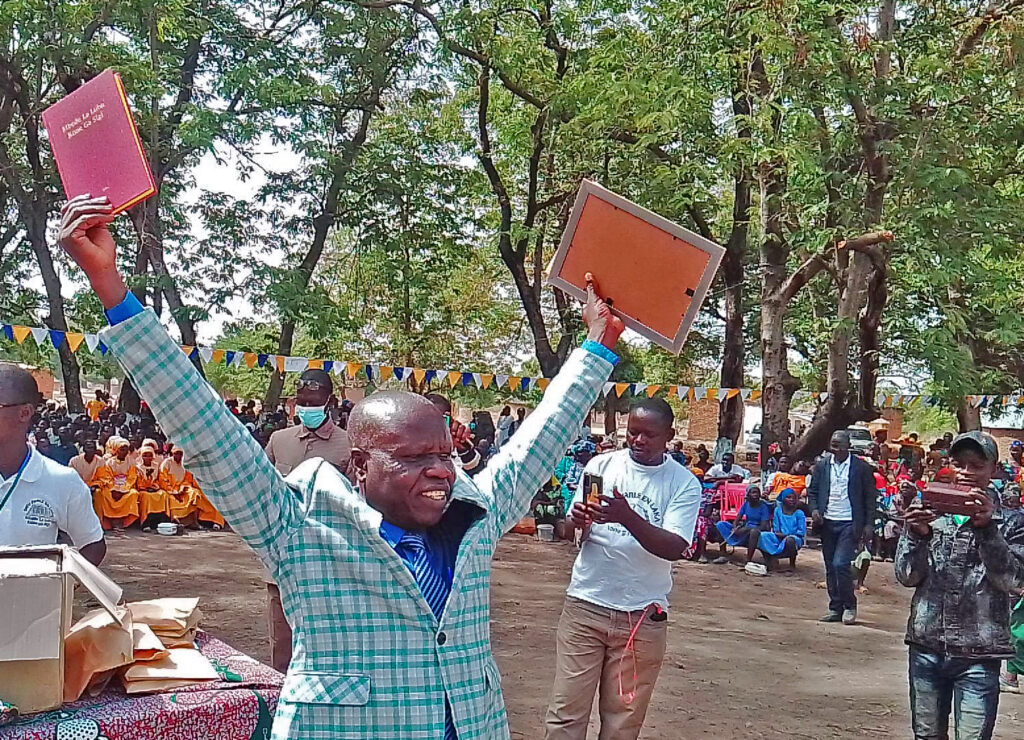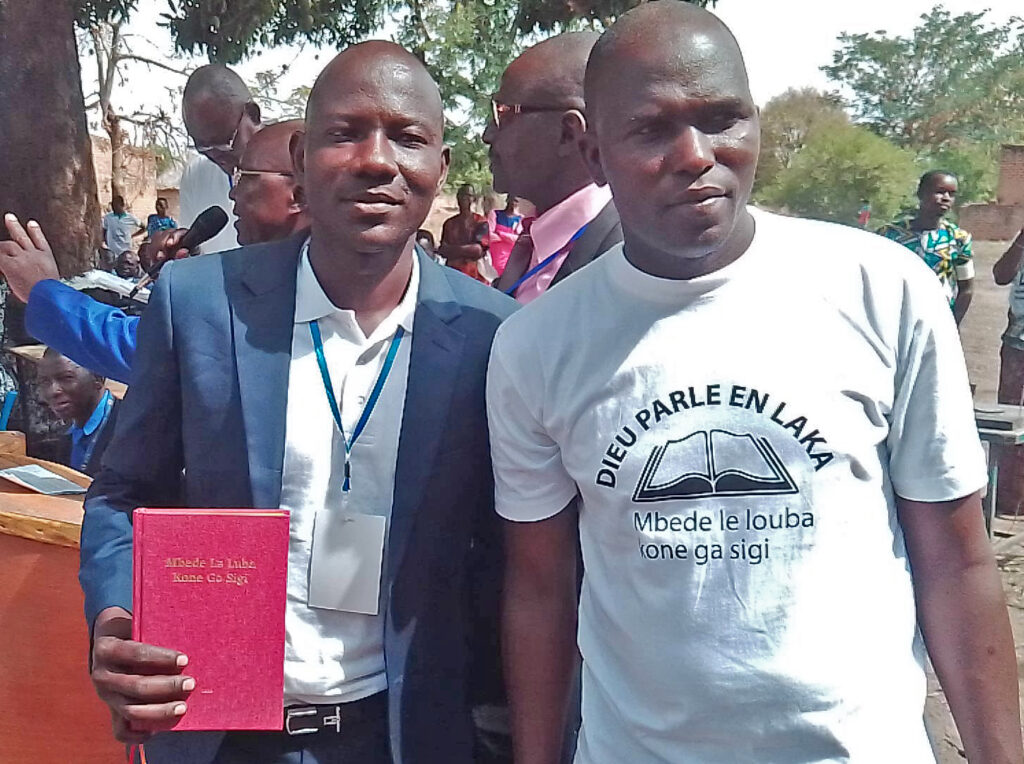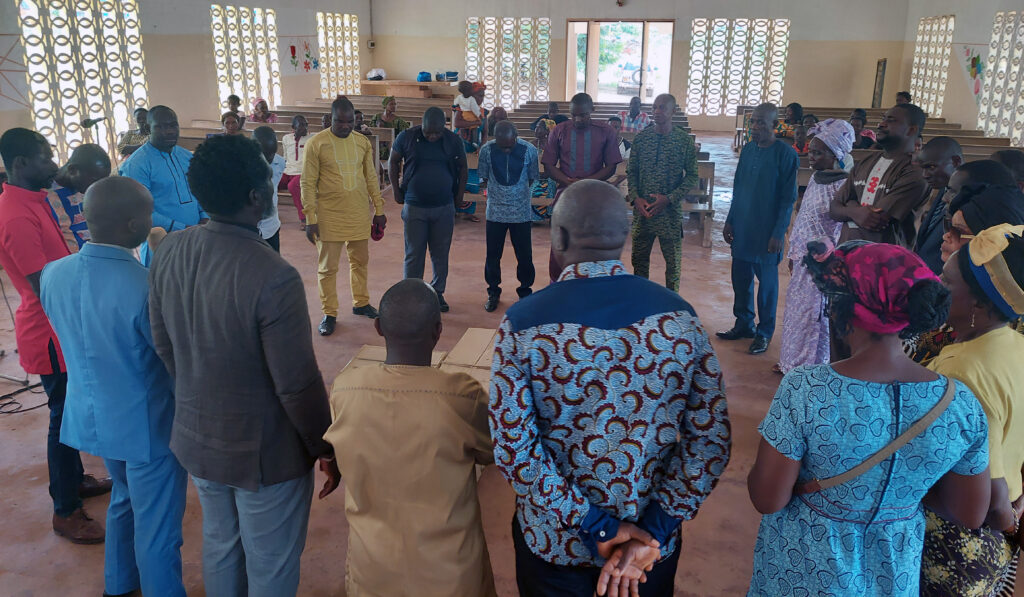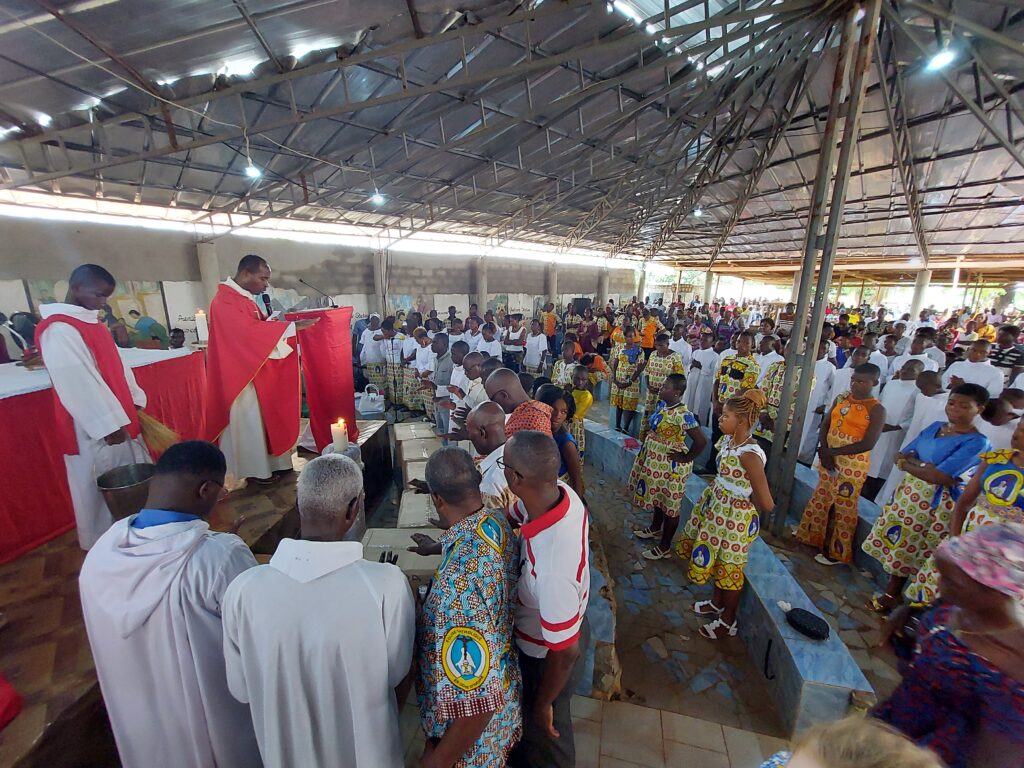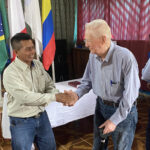Life as an Expatriate: First Term Observations
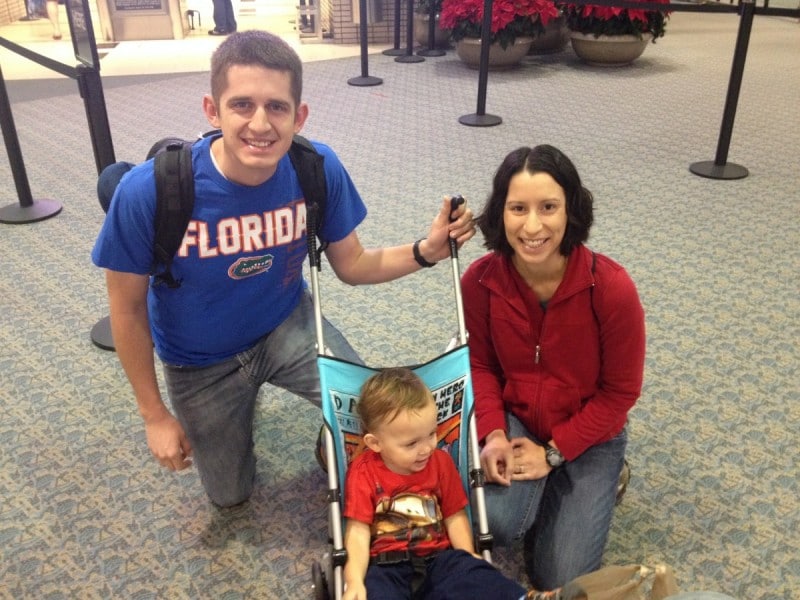
Three years have gone by since my family and I moved to Papua New Guinea (PNG). As we close out our first term, I want to reflect on some things I’ve learned about living in another culture. I’m not the same person I was when I boarded the airplane in January of 2015.
Three years is not as long as I thought.

Three years of living overseas is too short a time to truly understand a culture. Think about it. If someone came to live in the United States for three years, how much would they really know? Sure, they would be able to get around just fine, but would they truly understand the culture in such a short time? So apply this to our situation. Three years is just the beginning of learning to live in someone else’s culture. We’ve developed some relationships and learned the language, but going deeper is going to take more time. I’m looking forward to spending another term with my PNG friends and colleagues.
What matters?
Before coming to PNG, I had never left North America. While living exclusively in the United States, it was easy to think that the latest movies, sporting events, pop culture events, or holidays are important worldwide. But after jumping into someone else’s world, I now realize how much I let my home culture dictate what is important to me.
Don’t get me wrong, I still love watching football and remembering events back home. But now I recognize how much I allowed the media to define what is important. Living overseas has given me an opportunity to step out of my home culture and evaluate for myself what is important.
Working on an attitude of service
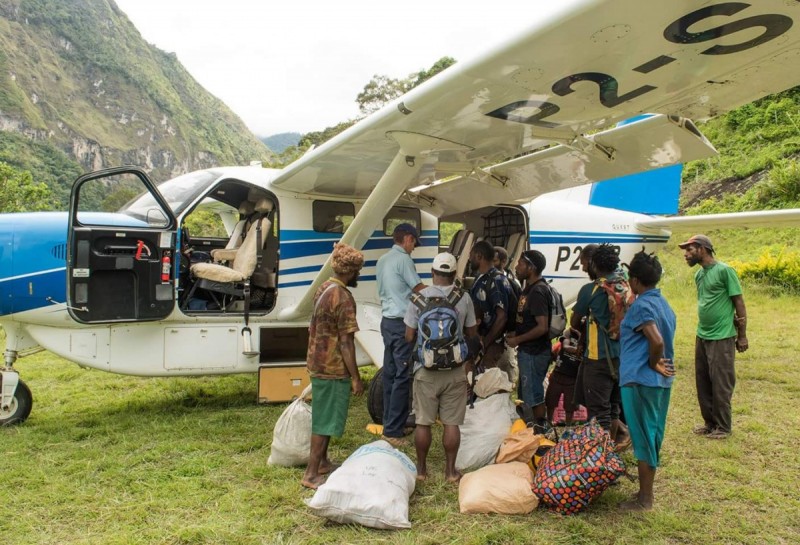
I spent over a decade of my life trying to get here. Getting into college, learning to fly, paying off debt, and getting accepted as a missionary pilot were huge challenges. I was focused on those things for a long time. Then I got to the field, and those challenges were replaced with new ones: learning a new language and culture, getting trained for flying in a new country, and settling my family into a new home.
As I reflect back over the last term, the common denominator in all of those efforts was me. Clearly I’m here in PNG to serve others, but my attitude has been more focused on my needs and how I need to get to the next goal. That’s why I think of this next term as an opportunity to work on developing a servant attitude. Rather than focusing on my training, I want to focus on the main reason for being here: serving others.
Being ethnocentric
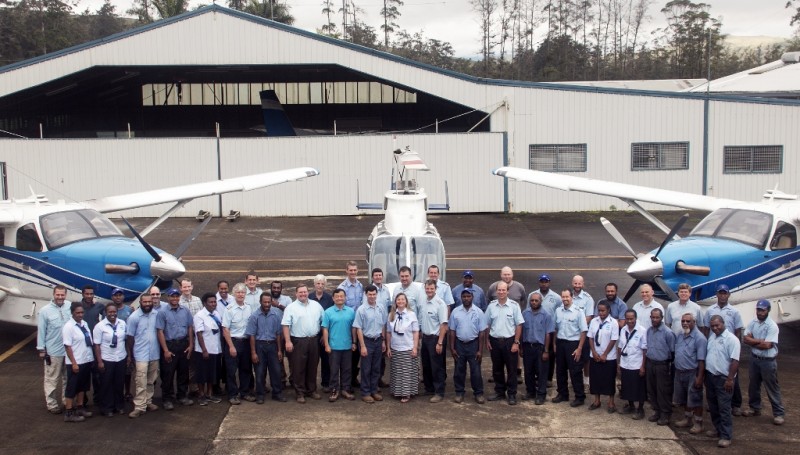
Moving overseas has shown me how much I make judgments based on my own culture (the definition of ethnocentric). This is the most challenging attitude to recognize in myself, and it’s even harder to actually change. For example, if I have an important task to do, whom do I trust to do it? What qualifications are required? Would I trust a Papua New Guinean to do the task without supervision?
But if I flip this around, it becomes humbling for me. What do Papua New Guineans think of me? Will they trust me with a task without supervision even though I stumble through their language or their cultural requirements? Thankfully, the majority of Papua New Guineans have been very gracious to me and even willing to help correct my inadequacies. The question I must face now is: will I do the same for them and others? That’s a weighty challenge indeed.
Now, our first term is coming to a close. I have so much to be thankful for. I’ve been challenged. I’ve succeeded in some areas and failed in others. The beauty of the expatriate life is that I get to leave for a short time, reflect, regroup, and come back ready to start a new term of service.






























































